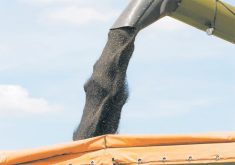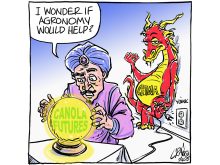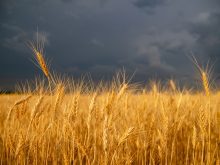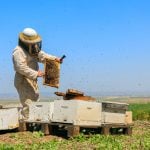THIS fall I taught a class on science and theology. Students asked people they met a simple science question: “What evidence do you have that the earth revolves around the sun?”
Responses varied from “Wind?” to “The swirling of water in the toilet bowl?” to “The earth revolves around the sun? I didn’t know that!”
Only a couple were able to come up with reasonable evidence, like the changing positions of stars and planets throughout the year.
The rate of scientific discovery is accelerating but the average person’s scientific knowledge seems to be slipping. Perhaps it’s because we can’t keep up with these advances and so don’t even try.
Read Also
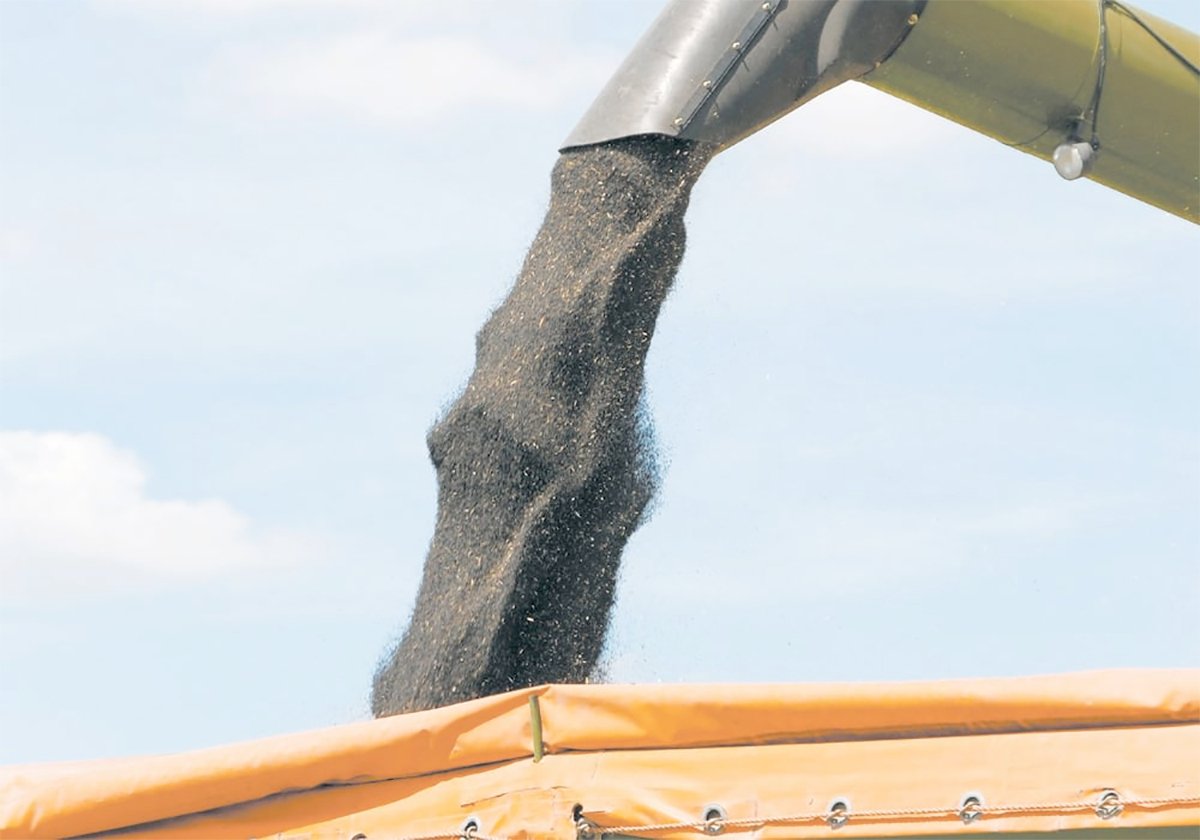
Determining tariff compensation will be difficult but necessary
Prime minister Mark Carney says his government will support canola farmers, yet estimating the loss and paying compensation in an equitable fashion will be no easy task, but it can be done.
It means we’re increasingly dependent on a knowledge elite. Few of us know how to grow our own food anymore, including some who live on farms.
I used to fix my own car but not since computer controls were introduced. Our electronic gadgets, our elevators, heating systems, the whole electric grid on which our life depends is mostly opaque to us. We don’t know, and feel we don’t need to know, as long as someone does.
Those in the know, of course, are corporations like Microsoft and General Motors. They hold the patents. And they are delighted that we can’t understand the stuff they sell us, let alone fix it.
We’re at their mercy, so they build products that just outlast their warranty period. When it breaks down a year later, we have no choice but to throw it away and buy another, and a while later another, and another.
Quite a racket, really. It keeps us consuming, keeps the profits soaring. But it means that the world we hand on to our grandchildren will be full of our garbage.
Our loss of awareness also leads to a loss of wonder. Copernicus discovered the rotation of the earth, yet five centuries later we still greet the dawn as if the sun was rising. Who stands amazed that we ride the back of a great rock rolling into the sunlight?
Einstein discovered that matter is made of huge amounts of energy phenomenally compressed.
But who of us marvels that in our baby finger enough energy is compressed to rival the power of 60 Hiroshima bombs?
We had a recent reminder that it’s worth paying close attention to the way our world works. It was Epiphany on the western Christian calendar.
Epiphany means “unveiling” – opening the curtains on a mystery. It’s the day when Christians remember the visit of Persian scientists to the home of young Jesus. These magi, as we call them, watched the stars and they paid attention to the ancient stories of a coming Messiah.
Their science and their faith led them to a marvel hidden in a tiny Judean village.
Perhaps they sensed what modern scientists have discovered: that we were born in the stars. All the elements that compose our planet and our bodies were originally forged in the furnace of our sun.
We are stardust. No surprise that a star pointed to the place where its Creator took on human flesh.
This Epiphany encourages us to pay closer attention to our world. We may rediscover wonder and a new measure of self-reliance.
Cam Harder is associate professor of systematic theology at the Lutheran Theological Seminary in Saskatoon. The opinions expressed in this column are not necessarily those of The Western Producer.


